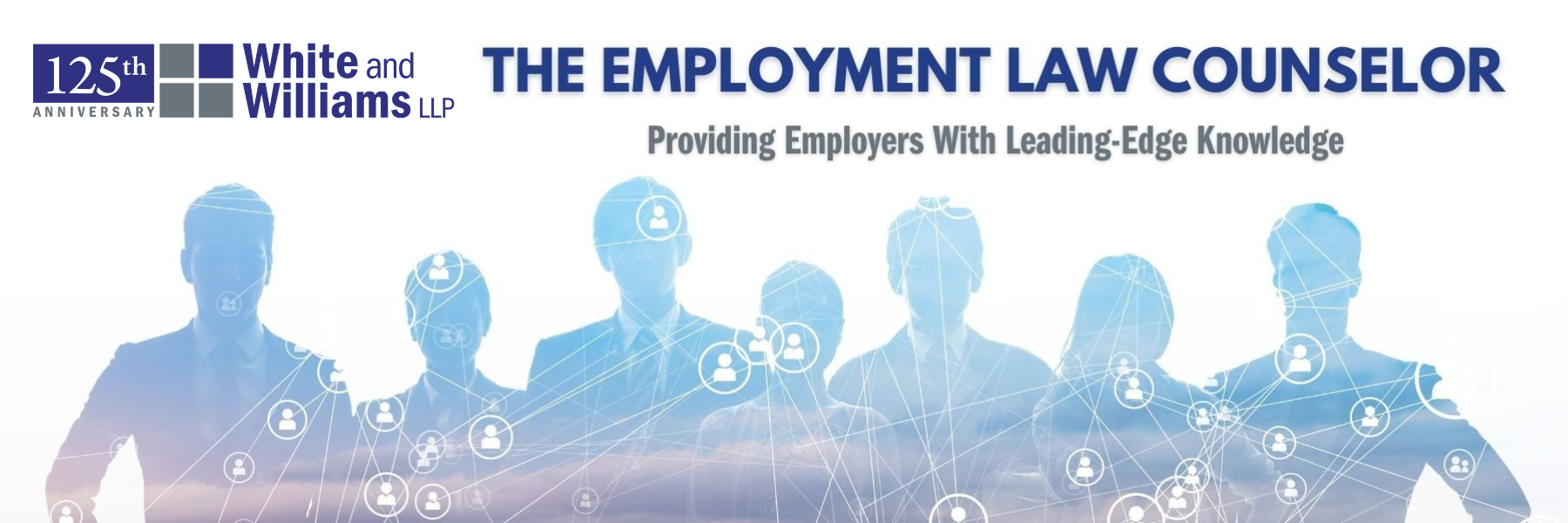Ever since the 2020 presidential election last November, we have forecasted what a President Biden-appointed National Labor Relations Board (NLRB) and General Counsel would mean for our employer clients. For example, the NLRB stated in an August opinion that it was willing to “explore new make-whole remedies.” In near lock step with the NLRB, General Counsel Jennifer Abruzzo recently revealed her playbook in the form of General Counsel Memorandum 21-06, which spells trouble for employers who are charged with unfair labor practices by an employee or a union.
In recent memory, the typical remedies imposed by the NLRB on an employer were not harsh. If you failed to bargain in good faith, you were ordered to do so. If you disciplined an employee for talking about his or her wages and conditions at work, you were ordered not to do so. If you fired a union adherent unlawfully, you reinstated him or her and paid the back pay owed. While workplace postings of violations can be distasteful to employers, their consequences fall short of being severe. As such, traditional remedies have not been very onerous and savvy employers used the lack of real economic impact that a remedy may have as a tool in dealing with their labor opponents.
The same joie de vivre enjoyed by employers will not last. General Counsel Abruzzo is taking an entirely different approach and will lead the NLRB in their combined exploration of new remedies. The General Counsel promises five basic areas where remedies will be ramped up:
- Unlawful Firings of Undocumented Workers: Compensation for work under unlawfully reduced rates; employer sponsorship of work authorizations.
- Unlawful conduct during Union Organizing Drives: Union access to employees, union equal time to address employees during captive audience speeches, reimbursement to the union of its costs for organizational drives, the forced reading of any NLRB-issued Notice by management to the employees, publication of the Notice in a newspaper and the hiring of an employee of the union’s choice.
- Bargaining Orders during Union Organizing Drives: General Counsel Abruzzo is considering a return to the Harry Truman-era D.C. Circuit standard to allow the NLRB to order bargaining without an election unless an employer can show a good faith doubt as to the union’s majority status.
- Unlawful Failures to Bargain: Mandated bargaining schedules, required submission of periodic reports on bargaining status, reinstatement of unlawfully proposed bargaining proposals, and reimbursement of collective bargaining expenses.
- Notice Posting: In addition to posting on the company bulletin board, General Counsel Abruzzo encourages the NLRB to order the posting of notices on an employer’s social media and website.
Employers must be aware that the cost of running afoul of the National Labor Relations Act will soon rise. It is also imperative that management be made aware of the new remedies soon to be available to the NLRB and to be retrained as to what actions will lead to unfair labor practice charge. Indeed, the forecast looks very cloudy for employers.


